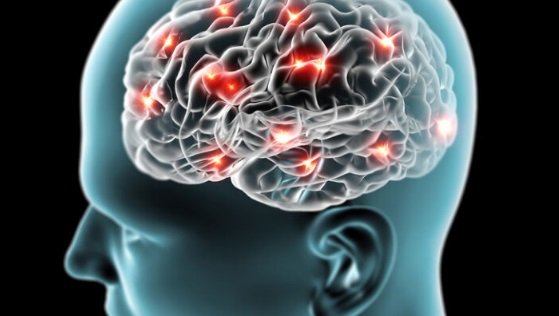
Recent research highlights a potential “gut-first hypothesis” for Parkinson’s Disease (PD), suggesting that gastrointestinal (GI) issues might play a crucial role in the onset and progression of the disease. A significant study published in JAMA Network Open found that individuals with upper GI tract damage were 76% more likely to develop Parkinson’s, reinforcing the connection between gut health and neurological conditions.
The Gut-Brain Connection
Emerging evidence reveals a strong link between gut health and Parkinson’s. Many people with Parkinson’s experience GI issues, particularly constipation, years before motor symptoms begin to appear. This has led scientists to propose that Parkinson’s might originate in the gut rather than in the brain. The dopaminergic neurons present in the gut, which play a key role in maintaining brain function, further support this theory.
GI Problems as Early Signs
For many Parkinson’s patients, GI problems, particularly chronic constipation, occur long before the classic symptoms like tremors or slowed movement. This suggests that PD may begin in the gut and travel along the body’s communication pathways to the brain. Given that the nervous system in the gut is responsible for producing important chemicals like serotonin, disruptions in the GI system can have far-reaching impacts on overall health, including the brain.
The Role of the Gut Microbiome
The gut microbiome, which consists of trillions of bacteria that aid in digestion, immunity, and metabolism, is now being recognized as a key factor in Parkinson’s. Imbalances in gut bacteria, a condition known as dysbiosis, have been linked to the onset of the disease. Scientists are exploring how these bacterial changes may affect brain health and contribute to neurodegenerative disorders.
Diet’s Impact on Gut Health
Diet plays a significant role in maintaining gut health. A diet high in ultra-processed foods and overuse of antibiotics can disrupt the balance of gut bacteria, potentially increasing the risk of developing Parkinson’s. In contrast, a high-fiber diet and mindful antibiotic use can help preserve a healthy gut environment, potentially lowering the chances of developing the disease.
Implications for Diagnosis and Treatment
Understanding the gut-brain connection could revolutionize the way Parkinson’s is diagnosed and treated. If doctors can identify early GI symptoms and detect changes in gut bacteria, they may be able to diagnose Parkinson’s at a much earlier stage. Future treatments might even include options like fecal microbiota transplantation to help manage or slow down the disease’s progression by restoring healthy gut bacteria.
What is the Gut-Brain Connection?
The gut-brain connection refers to the bidirectional communication between the stomach and the brain. Over 90% of serotonin, a neurotransmitter that influences mood and emotional well-being, is produced in the gut. The vagus nerve serves as the primary pathway for this communication, affecting both mood and digestion. Changes in gut bacteria can influence anxiety, behavior, and brain function. Taking probiotics, for example, has been shown to support brain health. Stress, on the other hand, can disturb the bacterial balance in the gut, potentially affecting mental health.
The gut, sometimes referred to as the “second brain,” contains over 100 million nerve cells. This intricate system not only regulates digestion but also plays a role in neurological diseases like Alzheimer’s. A fiber-rich diet supports both gut and brain health, emphasizing the importance of proper nutrition for overall well-being.
Summing Up
The gut-brain link is gaining recognition as a significant factor in the development and progression of Parkinson’s Disease. As research continues, understanding this connection may lead to earlier diagnoses and innovative treatments, offering new hope for those affected by this debilitating condition. Maintaining a healthy gut through diet and careful medical intervention could be a key strategy in managing Parkinson’s and potentially preventing its onset.

